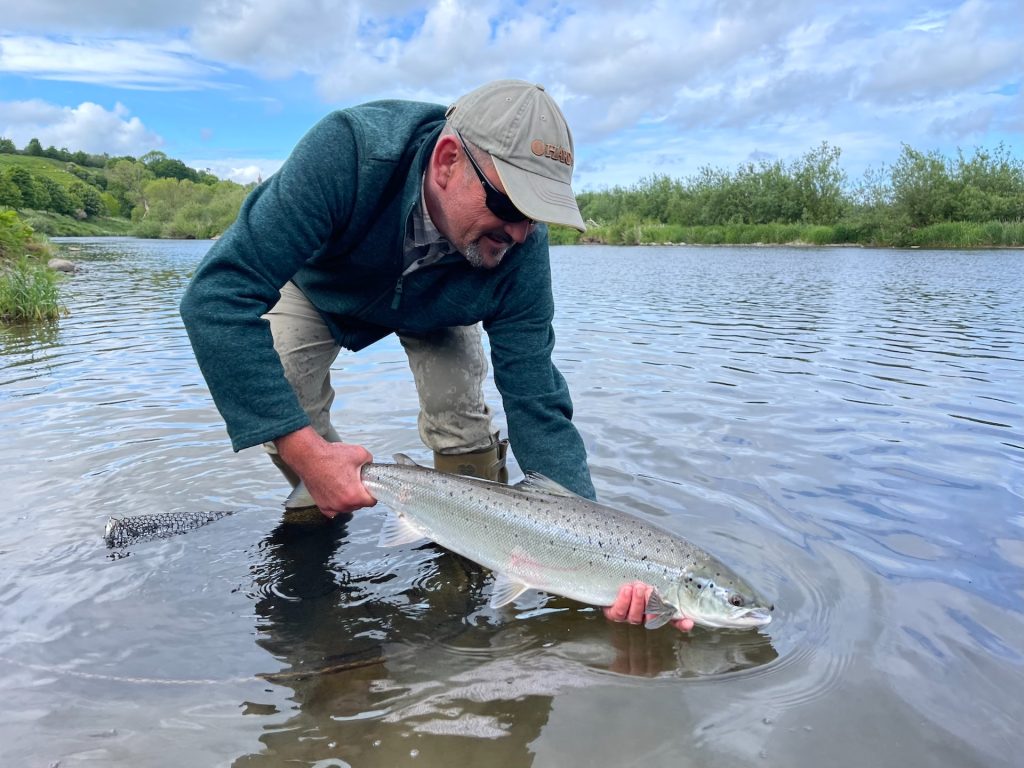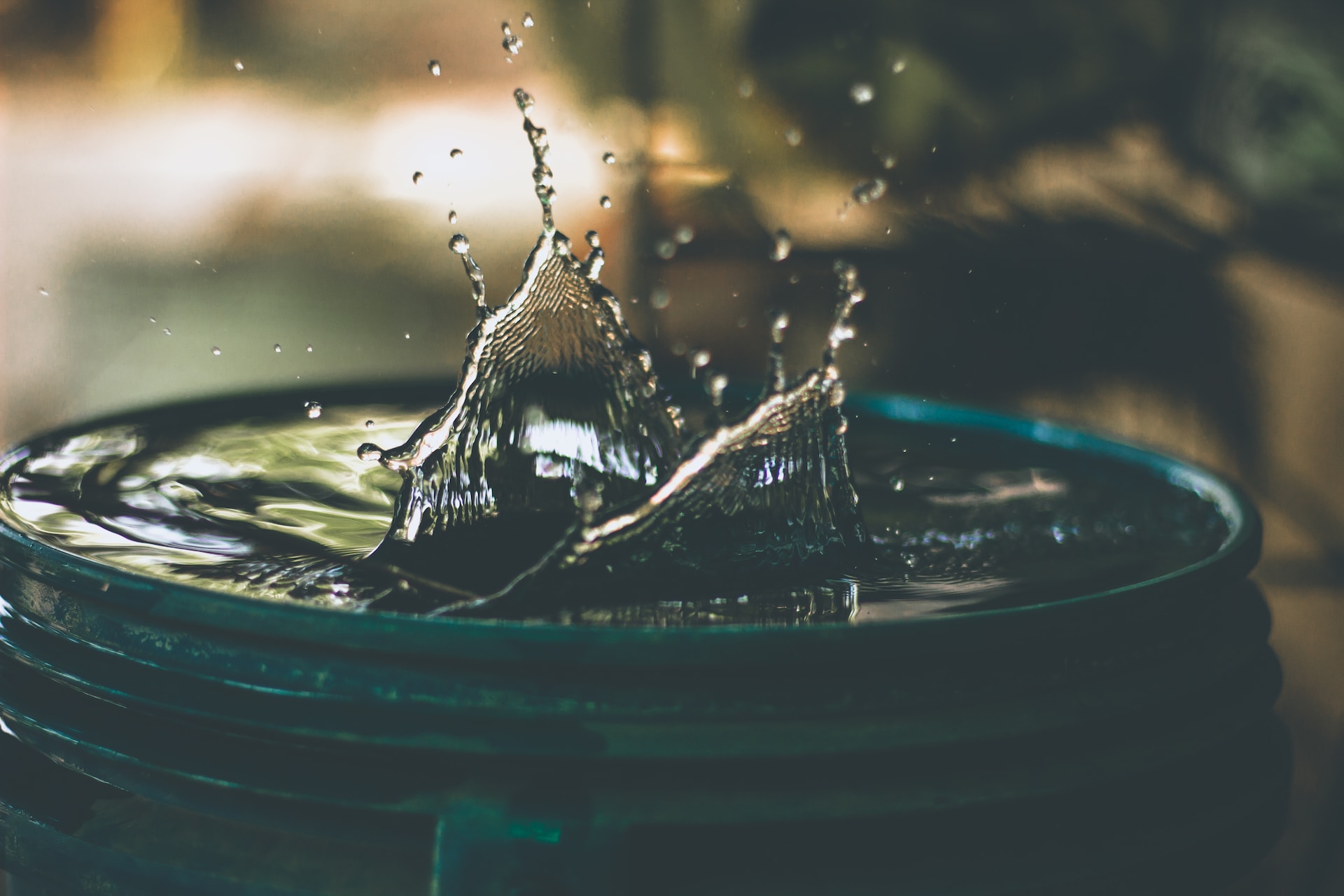
Air-Conditioning Our Waters: The Ingenious Plan to Save Atlantic Salmon
Atlantic salmon, revered for their extraordinary migratory journey, have faced increasing challenges over the years. Once, over a million salmon made the incredible journey from the ocean to Canada’s freshwater habitats. However, recent data shows a sharp decline, with only about 400,000 making the trek annually. The culprits? Acid rain, overfishing, pollution, damming, and now, rising water temperatures.
The Heat is On
With climate change and human interventions playing pivotal roles, water temperatures in many habitats are reaching levels lethal for the fish. Kathryn Smith, from Dalhousie University, highlights alarming instances where entire populations of coldwater species have perished due to this escalating heat.
Innovative Cooling Solutions
Smith, funded by the Atlantic Salmon Conservation Foundation and the Nova Scotia Salmon Association, has pioneered two groundbreaking techniques:
- Passive Cooling: This involves redirecting a part of the river’s water through an underground trench. The water cools naturally before rejoining the main stream, offering salmon a temporary respite.
- Active Cooling: This more aggressive approach involves pumping cold groundwater, which can be up to 20°C cooler than river water, directly into the rivers.

Initial tests in Nova Scotia have shown promising results, with both methods effectively lowering water temperatures and attracting fish.
A Global Concern
Barret Kurylyk, also from Dalhousie University, underscores that river warming is not just a local issue. A recent study highlighted that a staggering 87% of rivers in the US and Central Europe are experiencing persistent warming, making such innovations crucial for aquatic life globally.
Potential Challenges and Considerations
While Smith’s methods are groundbreaking, there are concerns. Pumping groundwater might alter water chemistry, reduce oxygen levels, or introduce contaminants. There’s also the potential risk of overfishing if salmon congregate in these cooler areas.
Moreover, Barret Kurylyk emphasizes the importance of diverse perspectives. Collaborations with environmental groups, biologists, government bodies, and Indigenous communities are essential to ensure the holistic success of these projects.
Looking Ahead
Though in its infancy, Smith’s project shows immense promise. As Edmund Halfyard from the Nova Scotia Salmon Association puts it, projects like these provide tools to address the challenges of global warming. The goal is to create resilient systems to ensure the survival of species like the Atlantic salmon for generations to come.
©eco-guardians.org